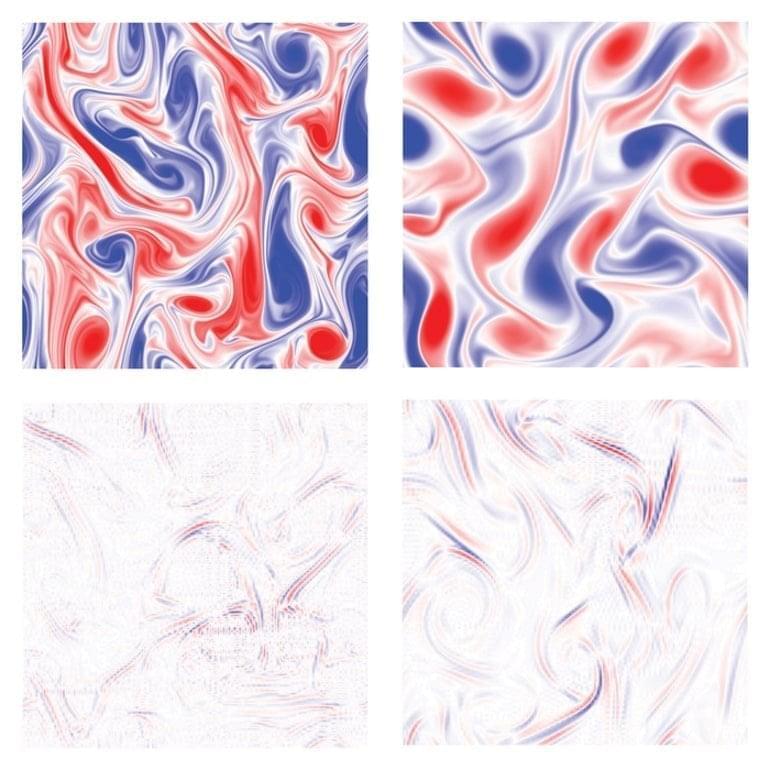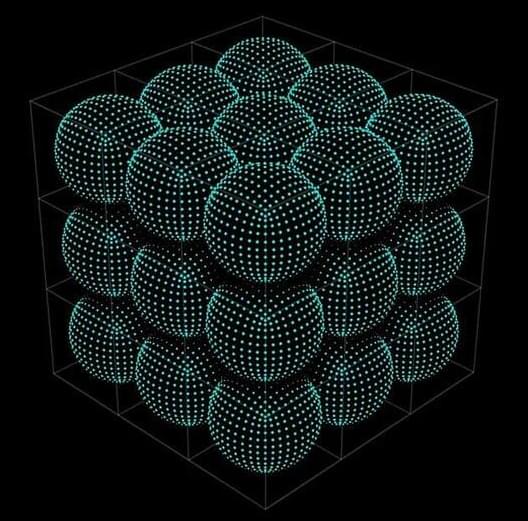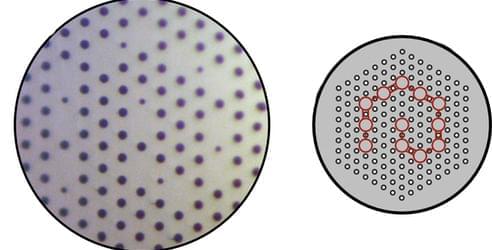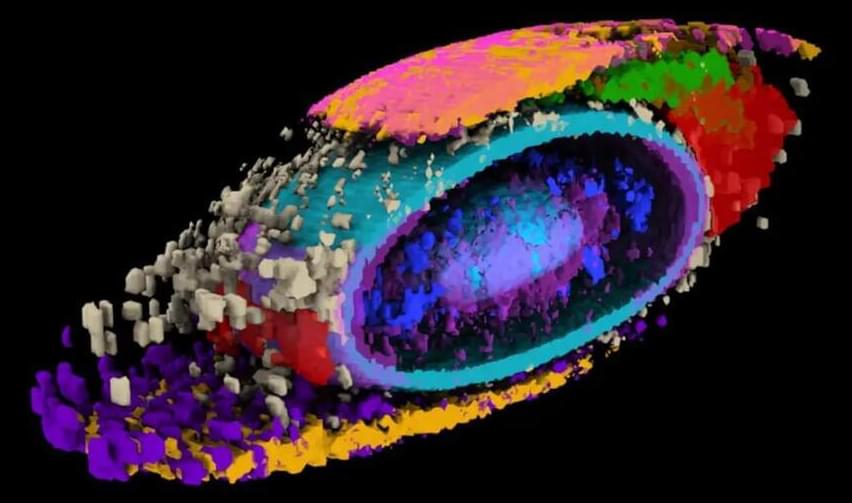Watch the newest video from Big Think: https://bigth.ink/NewVideo.
Join Big Think Edge for exclusive videos: https://bigth.ink/Edge.
Stephen Hawking was one of the greatest scientific and analytical minds of our time, says NASA’s Michelle Thaller. She posits that Hawking might be one of the parents of an entirely new school of physics because he was working on some incredible stuff—concerning quantum entaglement— right before he died. He was even humble enough to go back to his old work about black holes and rethink his hypotheses based on new information. Not many great minds would do that, she says, relaying just one of the reasons Stephen Hawking will be so deeply missed. You can follow Michelle Thaller on Twitter at @mlthaller.
MICHELLE THALLER: Dr. Michelle Thaller is an astronomer who studies binary stars and the life cycles of stars. She is Assistant Director of Science Communication at NASA. She went to college at Harvard University, completed a post-doctoral research fellowship at the California Institute of Technology (Caltech) in Pasadena, Calif. then started working for the Jet Propulsion Laboratory’s (JPL) Spitzer Space Telescope. After a hugely successful mission, she moved on to NASA’s Goddard Space Flight Center (GSFC), in the Washington D.C. area. In her off-hours often puts on about 30lbs of Elizabethan garb and performs intricate Renaissance dances. For more information, visit NASA.
TRANSCRIPT: Michelle Thaller: Yes Jeremy, a lot of us were really sad with the passing of Stephen Hawking. He was definitely an inspiration. He was one of the most brilliant theoretical physicists in the world, and of course, he overcame this incredible disability, his life was very difficult and very dramatic and I for one am really going to miss having him around. And I certainly miss him as a scientist too. He made some incredible contributions. Now, Stephen Hawking was something that we call a theoretical physicist, and what that means is that people use the mathematics of physics to explore areas of the universe that we can’t get to very easily. For example, conditions right after the Big Bang, the beginning of the universe, what were things like when the universe was a fraction of a second old? That’s not something we can create very easily in a laboratory or any place we can go to, but we can use our mathematics to predict what that would have been like and then test our assumptions based on how the universe changed over time. And one of the places that is also very difficult to go to is, could we explore a black hole? And this is what Stephen Hawking was best known for. Now, black holes are massive objects they’re made from collapsed dead stars, and the nearest black hole to us is about 3,000 light years away. That one is not particularly large, it’s only a couple times the mass of the sun. The biggest black hole that’s in our galaxy is about four million times the mass of the sun and that actually sits right in the heart of the Milky Way Galaxy. And right now you and I are actually orbiting that giant black hole at half a million miles an hour. These are incredibly exotic objects. The reason we call them black holes is that the gravity is so intense it can suck in everything, including light. Not even light, going through space freely at the speed of light, can escape a black hole, so talk about dramatic exotic objects that are difficult to do experiments on. Stephen Hawking laid down some of our basic understanding of how a black hole works. And one of the things he actually did was he even predicted that black holes can die. You would think that a collapsed star that forms a bottomless pit of gravity would exist forever, but Stephen Hawking used the laws of quantum mechanics and something called thermodynamics, how heat behaves in the universe, to prove that maybe black holes can evaporate over time. And of course, that’s a hugely significant thing. One of the reasons I think it’s very unfortunate he died is we’re actually right on the cusp of being able to do actual experiments with black holes. And I know that sounds like a strange thing to say, but there are some particle accelerators, I mean specifically the Large Hadron Collider, which is in Europe, that are about to get to high enough energies they’re going to smash particles together so hard that so much energy is generated they might be able to make tiny little black holes. Read full transcript on: https://bigthink.com/videos/michelle-thaller-ask-a-nasa-astr…-the-world






